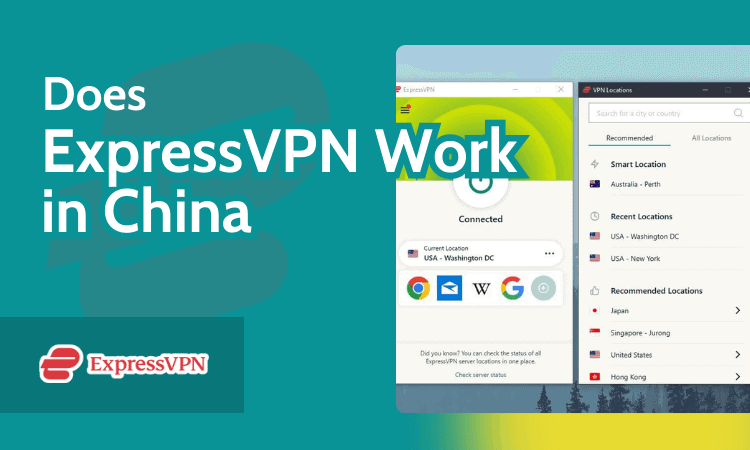Private security keeps people and their data secure. At least, that’s the goal. Artificial intelligence is something many companies and tech experts are now relying on to help them with various processes.
It has a ton of benefits, but there are some cons to using this tech. Many people are still waiting for Skynet to become self-aware. They think AI is going to cost jobs.
Professionals in this industry are tasked with building software and systems that keep people safe. But a big part of this job is convincing clients and customers that our products do what we say they can do.
AI is the future of the private security industry. It’s happening right now. And here’s why.
The Role of AI in Private Security
Integrating AI into private security operations is enhancing the capabilities of traditional systems, making them smarter, faster, and more efficient.
Sophisticated Surveillance with Real-Time Video Analysis
AI-infused surveillance systems transcend traditional monitoring by using advanced algorithms to meticulously analyze video footage.
These systems can parse through visuals in real-time, reliably identifying irregularities and potential security threats with high precision.
Cognitive Decision-Making with Advanced Machine Learning
Machine learning algorithms are designed to adapt and refine their functionality as they assimilate new information.
With machine learning, AI systems offer continuous improvement in security tactics. This is good news in a world where hackers always seem to be one step ahead. Private security entities can confront and adapt to an evolving spectrum of security threats.
Private security firms can strengthen their protective services by embedding these AI applications within their operations. It’s tech that pushes the boundaries of traditional security measures to create safer, more secure environments.
Benefits of AI in the Private Security Industry
Integrating AI into private security comes with many benefits that elevate industry standards. Here are some of the big ones.
Refining Threat Recognition with Machine Precision
False alarms are a frequent inconvenience in traditional systems. AI leverages sophisticated algorithms capable of parsing through vast datasets.
Products like this distinguish between benign anomalies and legitimate threats with a precision that reduces the incidence of human oversight and accelerates the accuracy of threat responses.
Minimizing the Margin for Human Error and Partiality
Human judgment is inherently subject to occasional lapse and prejudice. It has long been one of the biggest concerns in security and one of the major reasons that companies are pushing for more AI usage. It’s a $3 trillion a year problem.
Implementing AI in security protocols mitigates this particular risk. Using consistent algorithmic analysis, AI maintains an objective lens when assessing situations. Safety procedures are administered uniformly and without unwarranted discrimination.
Cost-Effectiveness and Scalability
The bottom line is something every IT and security professional deals with on a regular basis. We constantly have to juggle what we want to do with what we can afford to do.
The economic advantages of AI in security are multifold.
These intelligent systems act as force multipliers. They perform duties conventionally allocated to several individuals. So the tech can potentially reduce labor expenses.
Furthermore, AI solutions are innately versatile. They can easily adjust to align with any establishment’s evolving scale and specific security requirements.
Challenges and Considerations
Integrating AI into private security systems heralds a new era of efficiency and automation. More than one-third of businesses are now using it in some way. However, it is accompanied by various complexities that must be addressed to fully realize its potential.
Ethical and Privacy Implications
The use of AI in surveillance systems sparks an intense debate around ethical implications. AI’s capability to analyze vast amounts of data raises the question of whether surveillance infringes on private life.
The industry already teeters on a fine line between safety and invasiveness. AI can potentially amplify the concern and the risk.
This necessitates the creation of comprehensive legal frameworks that regulate the extent to which AI can be used in monitoring and data analysis.
If the tech is too invasive, people will feel less safe and refuse to use certain services. The industry needs to retain credibility and trust to be successful.
Integration with Existing Security Systems
Integrating AI technology into pre-existing security infrastructures demands an in-depth assessment of current systems and a strategic approach to integration. Everything needs to be compatible and functional.
The process involves overcoming software and hardware incompatibilities. We must bridge the gap between older security protocols and cutting-edge AI capacities. The integration should enhance, not hinder, the existing security apparatus.
Addressing Potential Vulnerabilities and Threats
With new tech comes the potential for new vulnerabilities.
Companies need to pre-emptively identify potential flaws and fortify AI security systems against these threats.
Comprehensive cybersecurity measures, such as encryption, penetration testing, and constant monitoring, must be employed to protect AI systems from being compromised.
These practices safeguard the AI system and the integrity and reliability of the security infrastructure.
AI and Security – The Future Is in Our Hands
As we stand on the cusp of a technological revolution within the private security sector, the incorporation of AI presents an intriguing duality of groundbreaking potential laced with significant challenges.
The solution is a multi-faceted strategy prioritizing ethical, technical, and cybersecurity considerations.
It will be integral in harnessing AI’s full potential while mitigating its associated risks, propelling the private security industry into a future that is both secure and principled.












![The 15 Best Python Courses Online in 2024 [Free + Paid]](https://news.pourover.ai/wp-content/themes/jnews/assets/img/jeg-empty.png)









